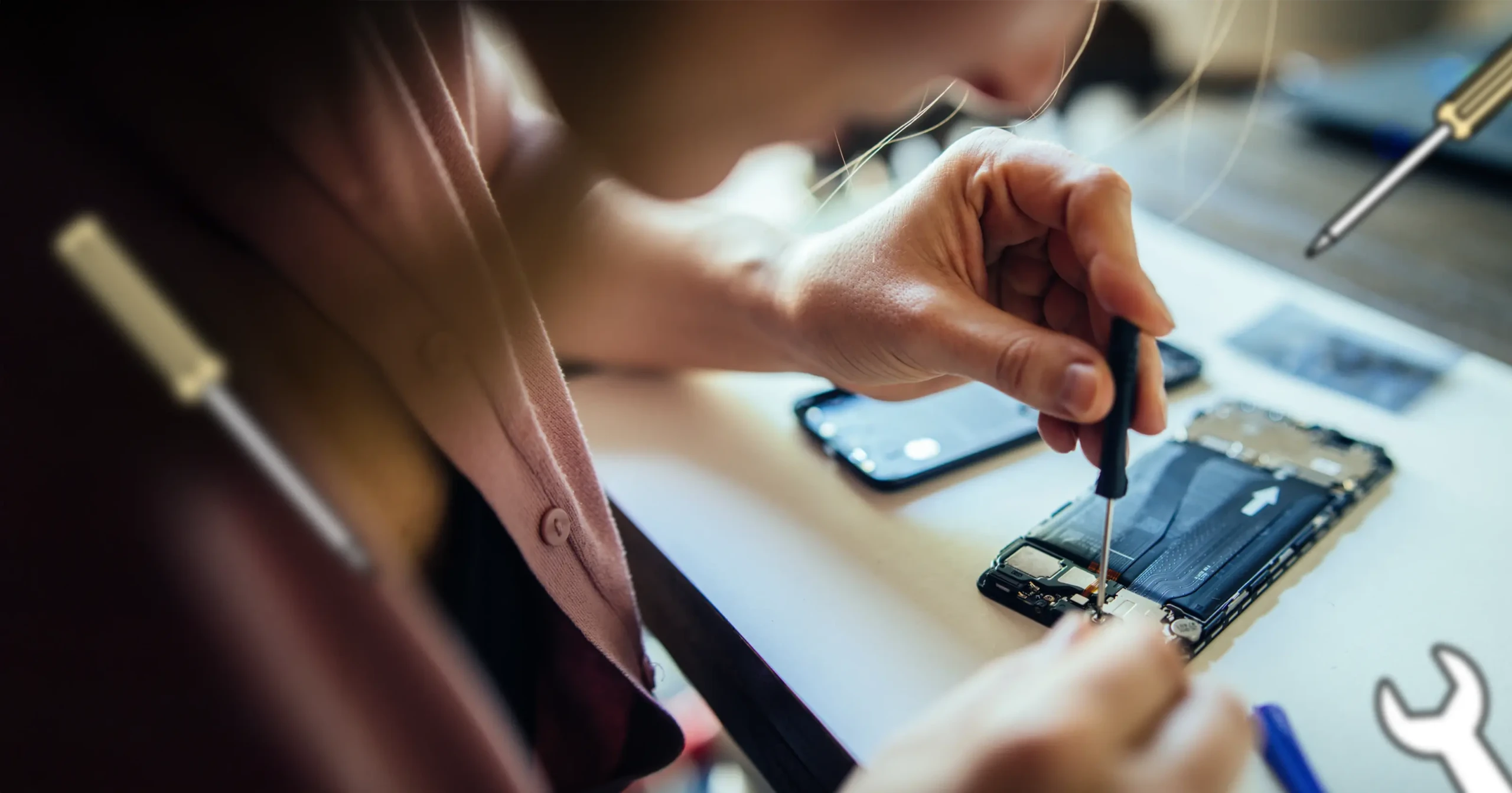Organizations often choose to purchase new IT products because they can afford to do so. They haven’t established: What is the true cost of my purchasing?
The words of Stephen Haskew, Strategic Sustainability Executive at Circular Computing, a company that specializes in remanufacturing notebook computers. The company uses other people’s waste as raw materials, and their factory, located in Dubai, has the capacity to produce 500,000 new-looking, upgraded notebook computers per year.
Stephen, can you explain what remanufacturing is?
“We collect laptops from all over the world. In our factory, we clean the products of data and deconstruct them down to component level. The performance of every piece is checked individually — the battery, LCD, keyboard and the motherboard for example.
“Components that are beyond economic repair, or low performing, are replaced or upgraded. All machines come out of production with an SSD and at least 8GB RAM as standard. The chassis is then repainted and the keyboard is reprinted to the localized language. The screen is replaced or repaired as required.
“Every machine that comes in has had a different life to the next one. So we had to develop a process that makes every single machine identical when they leave the factory. This requires a technical expertise that is unique.
“IT products are not unusable after their first life — but you need to look after your equipment.”
What’s the advantage for the purchasing organization?
“Customers often think of circularity as ‘recycling 2.0’ and responsible disposal, which is very important, of course. What we need is that large organizations get involved in reuse, and of course as well, they have a responsibility to the e-waste they generate. Buying remanufactured IT products is a way of marrying your sustainability agenda with your purchasing agenda — why remake what is already made, as long as the user, and organization are not asked to compromise. A reuse model also significantly lowers your total cost of ownership.”
Can all IT products be remanufactured?
“No. Some products are not made to have a second life — they are not durable enough and with a performance and integrity that is too low from the start. The products we work with are enterprise grade which means that they are durable, sold in large volumes and accepted by the business world. Our current range is from 2015 to 2017 but we’re still selling some machines from 2013.“
“We’ve chosen to work with seven models and carry 10,000-20,000 in stock which means that clients can have the same model delivered in large quantities, quickly.”
What’s the most common misconception when it comes to IT products and circularity?
“That IT products are unusable after their first life. It’s not true — but you need to look after your equipment. Why do we think we can use something for another three or four years without servicing it? The relationship most people have with technology is unique to this industry and needs to mature. Remanufacture provides this service, and lengthens the life of the product without risk to the buyer, which is good for the environment and great for the budget.”
How it works: Remanufacturing
Products are cleaned from data, and deconstructed. Each component is checked individually. The product is then reconstructed using a combination of reused, repaired and new parts. All products are identical and new-looking when they leave the factory.
About Circular Computing
Circular Computing is a UK-based company that has remanufactured notebook computers for five years and refurbished IT products for 25 years.




